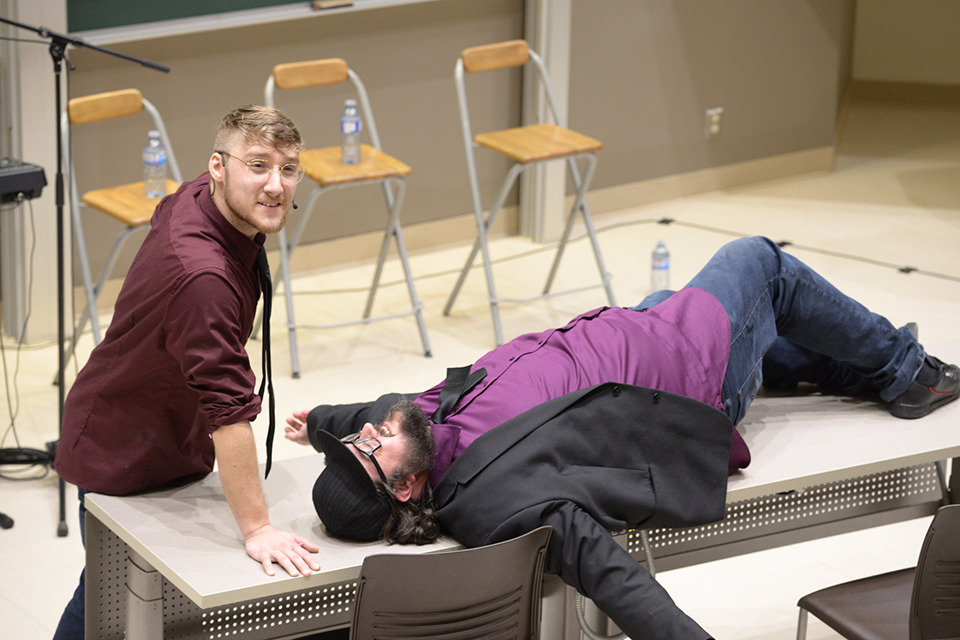By Virginie Albert
In Canada, there is a misconception that francophones living in anglophone communities understand and speak English fluently. However, the reality is that across the country, they are two distinct cultures and languages.
We must reflect on the social responsibility to Canadian francophones living in anglophone communities and identify what can be done to reduce the perceived gap in the quality of care provided by unilingual anglophone doctors to francophone patients.
The goal of the Journée de la francophonie is to raise awareness among first-year medical students about these issues.
The data and research show that the demographic and socio-economic profile of francophones living in anglophone communities is unfavourably impacted compared with most, particularly when it comes to the determinants of health. These francophones tend to be older, less educated, less fortunate and to live in rural or remote areas – these factors seem to have a negative impact on health, not to mention the fact that having access to care in the language of their choice remains limited. The health data available for this population confirms the above: poorer actual and perceived health, less healthy lifestyles, higher prevalence of chronic diseases or other health problems, to name a few. Vulnerable populations also have a harder time making informed decisions about their health.
This situation becomes worse when the patient and the doctor do not speak the same language. While francophones living in anglophone communities are constantly exposed to English, the terminology used in health care settings is not familiar to them. Uncertainty, misdiagnosis, and far more screening tests are common for these francophone patients which adds to their stress and vulnerability. We must also acknowledge the feeling of helplessness faced by doctors who struggle to help their patients in the same effective way as if they spoke the same language.
Raising awareness about this reality among medical students and making them aware of their social responsibility is what the Journée de la francophonie, an annual event organized by the Faculty of Medicine Francophone Affairs, aims to accomplish. This year, students in both streams were paired for a simulated language clinic. This role-playing activity based on the scenario of a patient looking for a new family doctor, took place in a language unfamiliar to both participants. Participants were able to see that, under such circumstances, things such as obtaining consent, can be complicated. Following this experience, students were divided in small groups and shared their thoughts with Dr. Benoît and Dr. Garibh.
On March 9, a presentation by Dr. Manon Denis-Leblanc, Vice-Dean of Francophone Affairs validated the acquired knowledge. Dr. Denis-LeBlanc discussed the importance of offering French resources and services to francophone patients at the initial contact. Students realized that small and simple gestures can significantly improve the sense of security for their francophone patients living in anglophone communities and help avoid medical errors. The day ended with a performance by Improtéine, a famous Franco-Ontarian group. The group improvised in both languages around the theme of Francophonie and active offer.

